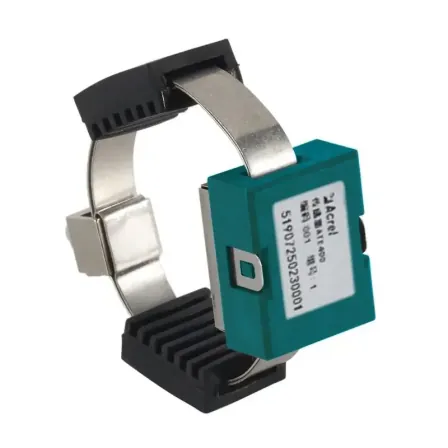Product list of electric cable
1/6
Transport brake YWZ4-700/E301 Electric Hydraulic Drum Brake
To Be Negociated
6 years in business
Jiaozuo Hongke Heavy Industry Brake Co., LtdTrading Area:Global
1/6
1/6
Double shielded high-temperature cable, internal wire of electric heater, AFPF PTFE high-temperature
$2.00 - 2.29/Meter
8 years in business
Anhui Kebao Electric Co., LtdTrading Area:Global
1/6
1/6
1/6
1/7
Nanyang Electric Wire N-KVVP and WDZN-KYJYP Control Mineral Insulated Cable GB/T-9330
$40.16 - 40.45/Meter
Guangzhou Nanyang Cable Group Co., LtdTrading Area:Global
1/6
Manufacturer of Kebao Electric JG (JHG) silicone rubber high-voltage lead wire cable 10KV20KV35KV
$1.42 - 1.71/Meter
8 years in business
Anhui Kebao Electric Co., LtdTrading Area:Global
1/6
- 1
- 2
- 3
- 4
- 5
- 6
- 53
About electric cable
What gauge do I need for my electric cable?
The gauge you need for your electric cable depends on the amount of power you need to transmit and the length of the cable. Thicker wires (lower gauge number) can carry more power over a longer distance. Consult an electrician to determine the appropriate gauge for your specific needs.
Is it safe to touch an electric cable?
No, it is not safe to touch an electric cable. Even if the cable is not currently carrying electricity, there may be residual energy that could be dangerous. Always assume that electric cables are live and take appropriate precautions such as wearing rubber gloves and using tools with insulated handles.
Can I use an indoor electric cable outside?
No, indoor electric cables are not suitable for outdoor use. They are not built to withstand exposure to the elements and can become damaged or deteriorate quickly, posing a safety hazard. Always use electric cables that are specifically designed and rated for outdoor use.
Can I cut my electric cable to a shorter length?
Yes, you can cut your electric cable to a shorter length to fit your specific needs. However, you should always use appropriate tools and follow safety guidelines to avoid damaging the cable and causing a safety hazard. Consult an electrician if you are unsure how to safely cut or splice electric cables.
What is the difference between a grounded and ungrounded electric cable?
A grounded electric cable has a third wire that is connected to the ground, providing an extra layer of safety in case of a fault or short circuit. An ungrounded electric cable will not have this added layer of protection and can be more dangerous if not installed and maintained properly. Consult an electrician to determine which type of cable you need for your specific application.


